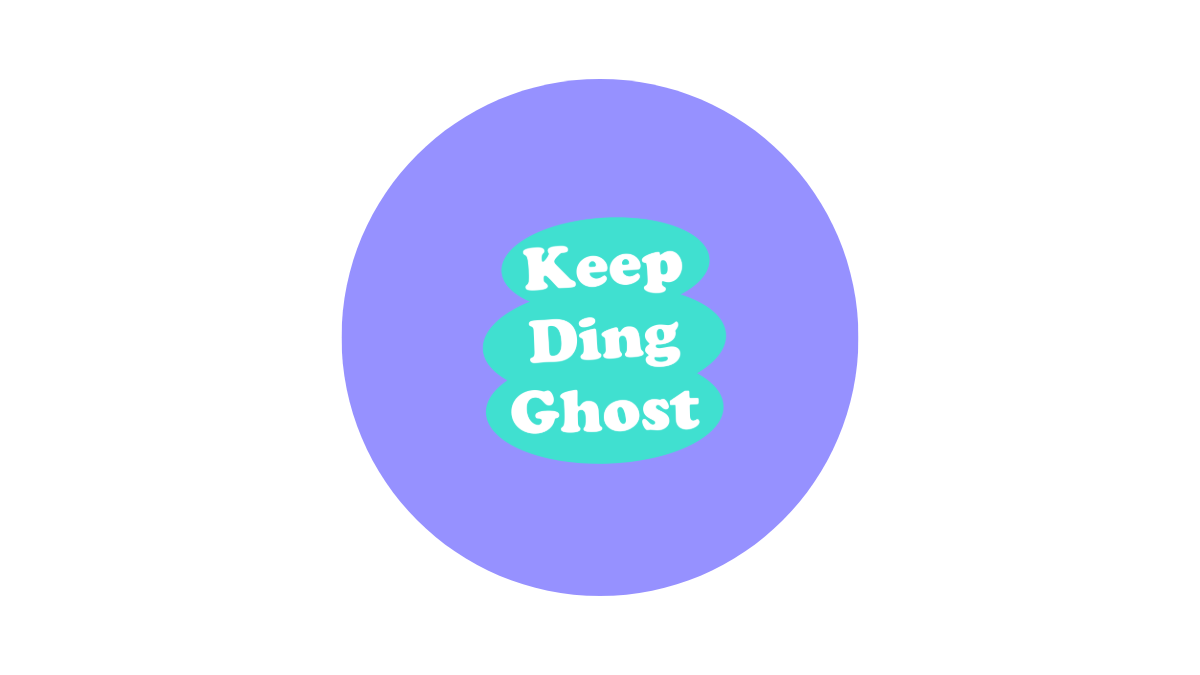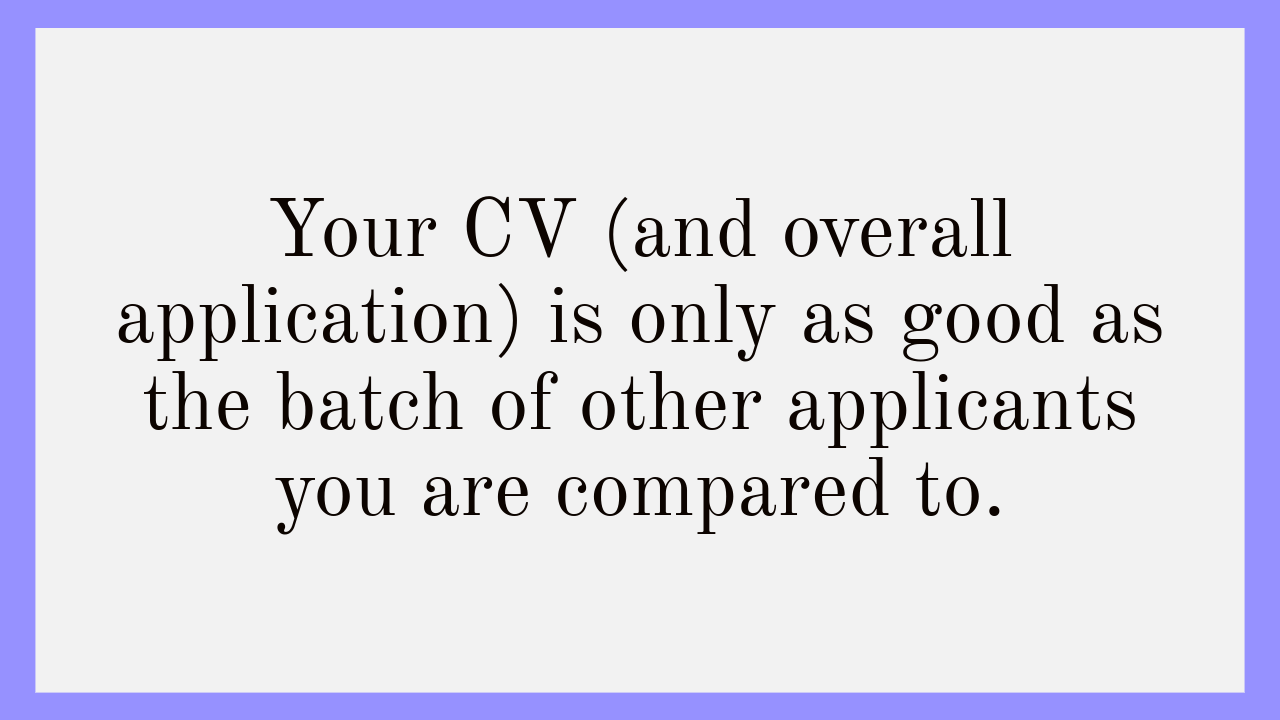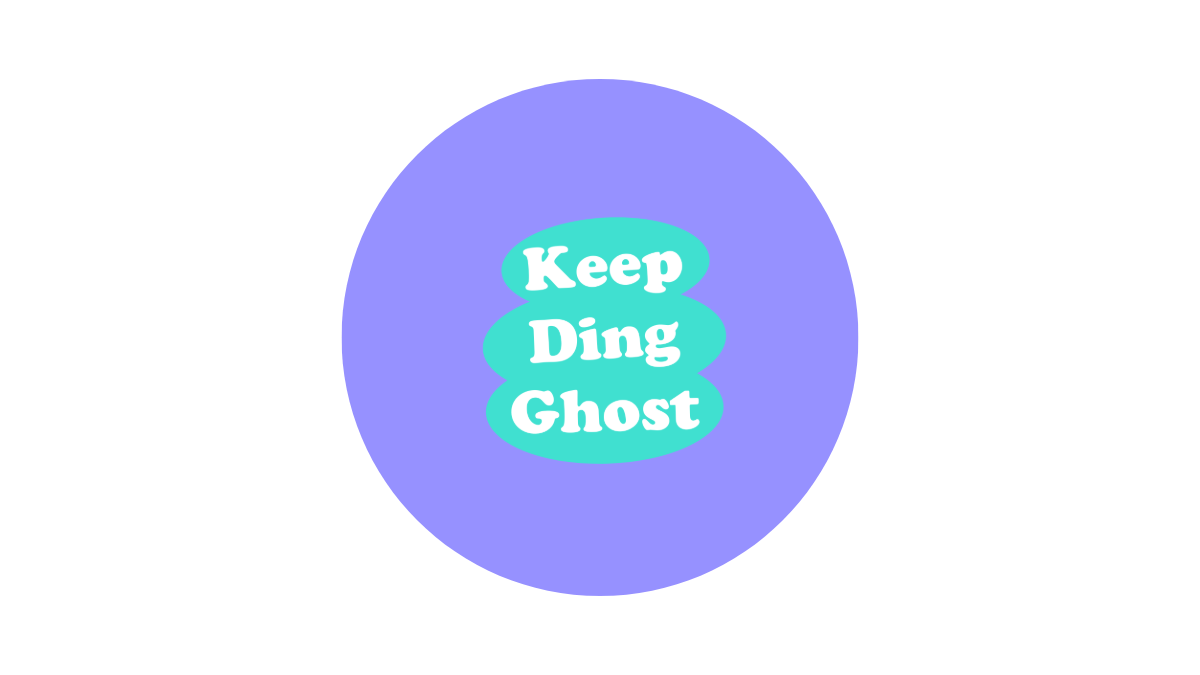Essential Reading: Here’s the Criteria I’ll Use to Review Your CV
…which starts the countdown to the first Keep, Ding, Ghost CV Review Session!!
It’s July! This means we’re getting closer to when you can expect to start receiving posts about the Keep, Ding, Ghost CV Review Sessions, which you should consider as test runs before you apply for your ideal graduate jobs. In these sessions, CVs submitted by subscribers will compete in head-to-head simulations to mimic the rigorous, fast-paced, competitive CV screening round conducted by top graduate employers. Based on all the enthusiastic emails I’ve been receiving from you, eagerly anticipating these CV reviews, I know this is exciting news for many of you! To make sure everyone understands the basis on which the CVs will be reviewed, this post outlines the criteria that will be used.
Get ready and take notes!
Welcome to Keep, Ding, Ghost! A (roughly) weekly newsletter that provides feedback to graduate job applicants through FREE CV reviews.
Remember that company that rejected your job application despite your strong CV? This newsletter will show you what probably happened.
Founded & Written by L. C. Serrão
Hey, guys! Those who have read this post know that when you apply for an insight program, internship, or full-time role with top graduate employers, their HR team will usually send your CV to a group of people in the same or a similar department to the one you’re applying to. Those people will review your CV and make ‘yes’ and ‘no’ decisions.
I was one of those people.
And I took my role very seriously.
One could argue that 'CV screening' is more of an art than a science because there isn’t a specific definition of what makes a 'good' or 'bad' CV. But, to be honest, that doesn’t matter because whether your CV is ‘good’ or ‘bad’ is not the test when you’re applying for jobs—especially coveted graduate jobs.
It’s not about how good your CV is on its own; the real test is how it stacks up against other CVs.
Where does it fall on the ‘good’ spectrum when all the CVs are considered as a group?
You know how we hate it when our parents keep comparing us to that friend? Well, just imagine your parent as the person reviewing all the CVs.
It’s a competition. That’s the reality.
And a CV that looks strong on its own might seem mediocre compared to others.
In other words:
That's why I often say (such as in this post) that applying for jobs, especially coveted graduate jobs, is like a competitive sport:
Being good isn’t good enough; you must be better than the competition.
Consider this simple example: we all know Bill Gates* has an impressive profile. But imagine comparing him to Steve Jobs*…then it gets interesting, right? The same comparison happens when you submit your CV for top graduate jobs. So, your success depends on how competitive you are compared to others.
*I was considering using Ronaldo and Messi, but I’m not trying to start any chaos….lol
While everyone has their own way of assessing CVs, the criteria are usually quite similar. Overall, what the reviewer is trying to determine is:
Your Intelligence: How quickly can you learn and excel in the job?
Team Fit: Can you work well in a team environment and pull your weight?
So, I’ll share my criteria, which will be used during the ‘Keep, Ding, Ghost CV Review Sessions’. These sessions, which regular readers of this newsletter know, will demonstrate the rigorous, fast-paced, competitive CV screening round conducted by top graduate employers: CVs submitted by subscribers will compete against each other in head-to-head simulations, resulting in one CV advancing to the next round (i.e., keep), one receiving a soft rejection (i.e., ding), and one receiving a hard rejection (i.e., ghost). Hence, this newsletter’s name: ‘Keep, Ding, Ghost’.
The criterion is below, each presented as a poll question. I am presenting it in this way so you can imagine being in my position (the person reviewing an applicant's CV) and answer the questions about your own CV from that perspective.
This exercise will encourage you to analyse your CV like a recruiter, highlighting the strengths and, more importantly, the weaknesses (I’m a Virgo so, yeah, I tend to see problems first, lol).
While you may not have the insights that come with extensive recruitment experience and seeing a wide range of CVs of varying quality, and therefore won’t be able to assess your own CV by comparing it to an average strong CV, this exercise is a good start. It will give you a sense of what needs improvement.
Then, I’ll step in to help you see how your CV measures up against others and refine the necessary improvements to give your competition a good run for their money!
Teamwork makes the dream work!
Check out the criteria below. And enjoy being in my shoes!
The Criteria
Click here to access the form to request a FREE review of your CV
Good ‘Form’
In sports such as (English) football, the term ‘form’ refers to a team or player's current performance level, i.e., their quality based on recent performance.
‘Form’ also translates well when discussing CVs. I often say that applying for jobs, especially coveted graduate jobs, is like a competitive sport. So, one could say that the factors that can help your CV stand out against the criteria discussed in this post and increase your probability of success depend on your CV’s form.
Clear here for a list of practical tips to help ensure your CV is in good ‘form’.
You’ve reached the end of this post—thanks for reading! I appreciate your time and interest!
Read/Learn More:
🔗What defines a CV as being in good ‘form’?
🔗The top 3 reasons CVs are rejected
🔗Keep, Ding, Ghost CV Review Sessions
💬 Question Time:
Which of the three sections mentioned do you think makes your CV stand out the most? Let me know in the comment section. I would love to hear from you!
💬 Here’s My Answer:
When I was applying for internships, I ranked the ‘education’ section of my CV as my strongest as I got 3 A grades at A-Level (before the introduction of A*, meaning it was the highest grade at the time), and my university is a top target school (Imperial College London). However, following my 10+ years of experience screening CVs and interviewing candidates for internships and full-time graduate jobs and understanding how CVs are evaluated from an employer’s perspective, I now know that, due to my particular profile and the type of graduate employers I was targeting, ‘extracurricular’ was the strongest section of my CV—and that ‘education’ was likely my weakest!
One More Thing:
If you enjoy this newsletter/podcast, there are several ways to let me know: 'like' this post, leave a comment, share this post, restack your favourite section of it (or the entire post), or become a premium subscriber (which you could potentially upgrade to for FREE).
✨Additionally, if you’d like to win a 1:1 virtual session with me to discuss recruitment-related topics such as your CV, cover letter, or interview, click here!










